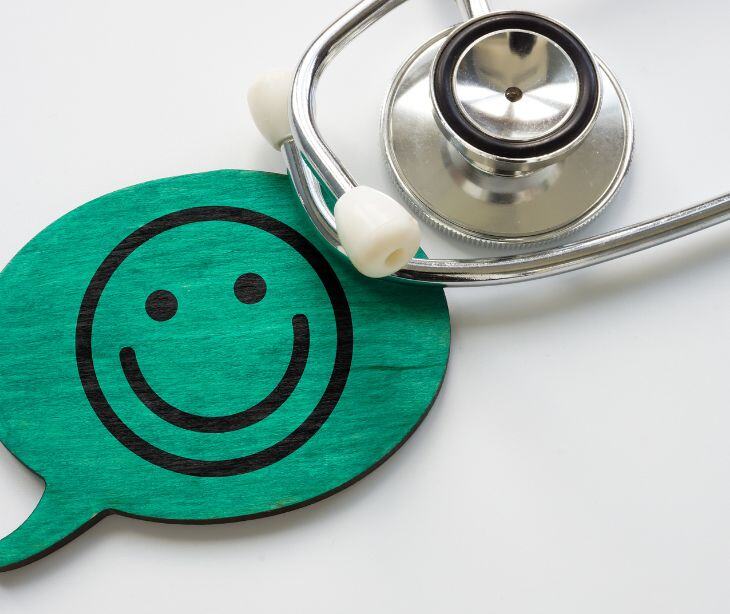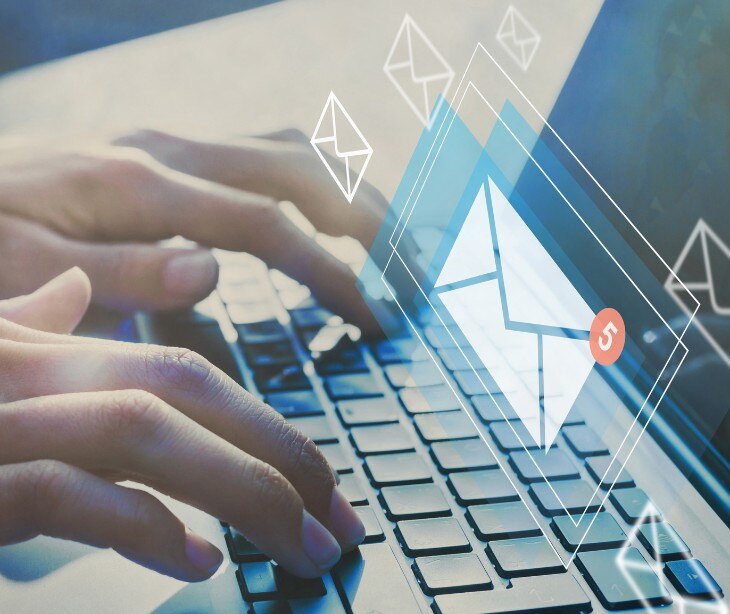
As the demand for patient-centric healthcare experiences continues to grow, healthcare emails offer a patient-oriented approach to communication.
1. Convenient communication with every patient's schedule
Unlike phone calls or in-person visits, emails do not require patients to be available at a specific time. Instead, patients can access their healthcare emails whenever it suits them best, whether during a break at work, while commuting, or at home in the evening.
The asynchronous nature of email communication eliminates the need for patients to synchronize their schedules with healthcare providers, reducing the stress of finding mutually available time slots.
2. Patients can receive test results faster
In traditional healthcare settings, patients often have to wait days or weeks for an appointment, during which anxiety and uncertainty may build up. Healthcare emails offer a swifter and more efficient way to deliver test results directly to the patient's inbox, often within hours of the results becoming available.
This expedited delivery of test results reduces patient anxiety and allows for prompt action in case further medical attention or treatment is required.
See also: How to use HIPAA compliant email marketing for patient testimonials
3. Email offers private and secure communication
Unlike other communication methods, healthcare often uses HIPAA compliant email, typically transmitted through encrypted channels and protected by security measures. This ensures that sensitive medical information remains confidential and is accessible only to authorized recipients, adding a necessary layer of security for patients.
4. Email services allow for personalized communication
With email communication, healthcare providers can deliver a more patient-centric approach to care. Through targeted and individualized emails, providers can deliver customized healthcare information and support relevant to each patient's unique needs, medical history, and health goals.
By personalizing the content of emails, healthcare providers can address patients by name, and offer customized treatment plans, medication reminders, and lifestyle recommendations.
5. Email empowers patients to communicate with healthcare providers
This digital medium allows patients to reach out to their providers conveniently, asking questions, seeking clarifications, and sharing health updates without the constraints of time or location. Patients can openly discuss personal health concerns, express their needs, and request information through email, fostering a sense of empowerment in managing their health.
In return, healthcare providers can respond promptly, addressing patients' inquiries and offering personalized advice and support. This bidirectional communication enriches the patient-provider relationship, encouraging a collaborative approach to healthcare decisions.
6. Email is practical for individuals with disabilities
By offering email as a communication option, healthcare providers embrace a more inclusive approach to patient care, catering to diverse needs and abilities. The flexibility and accessibility of email communication empower individuals with disabilities to have an active voice in their healthcare journey, fostering a patient-provider relationship built on trust and understanding.
Subscribe to Paubox Weekly
Every Friday we bring you the most important news from Paubox. Our aim is to make you smarter, faster.




